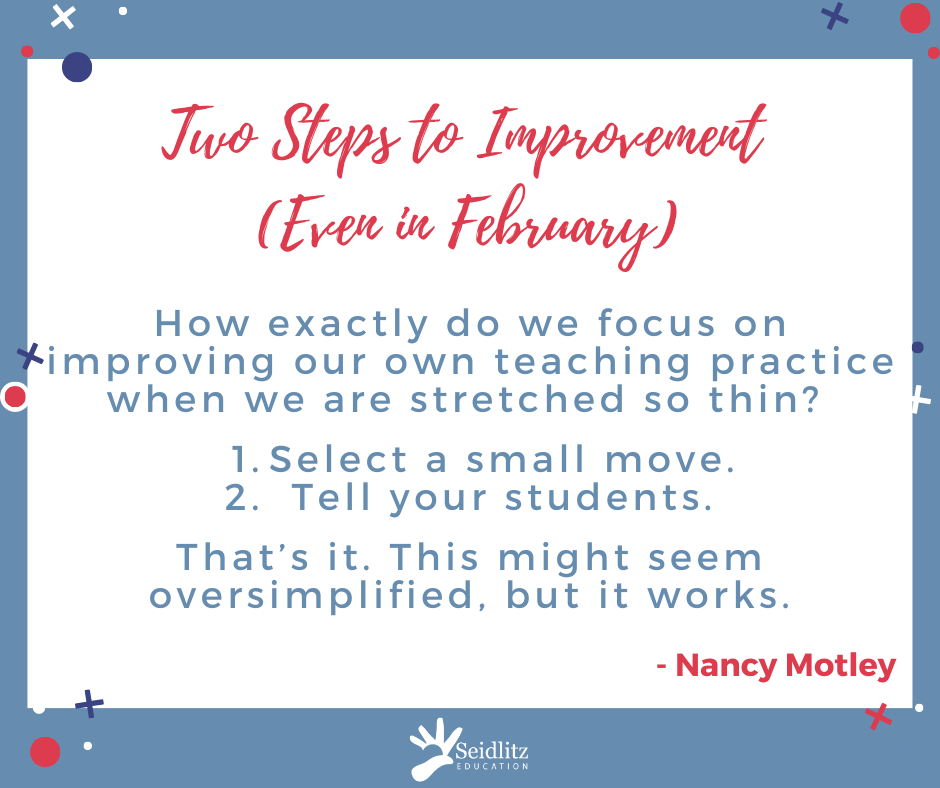by Diane Kue
When I was an elementary classroom teacher, I was often told that my students needed to read in every subject because “there is reading in every content area.” I could see how reading research could have a place in instruction when my students navigated scientific practices, but what about when the class period was looking at data instead of reading an article? Furthermore, the “there is reading in every content area” statement was especially hard to wrap my head around in my math class. Why did I have to give literacy so much clout in my instruction when my objective was teaching equivalent fractions?
Continue reading “Finding Literacy in Math”




